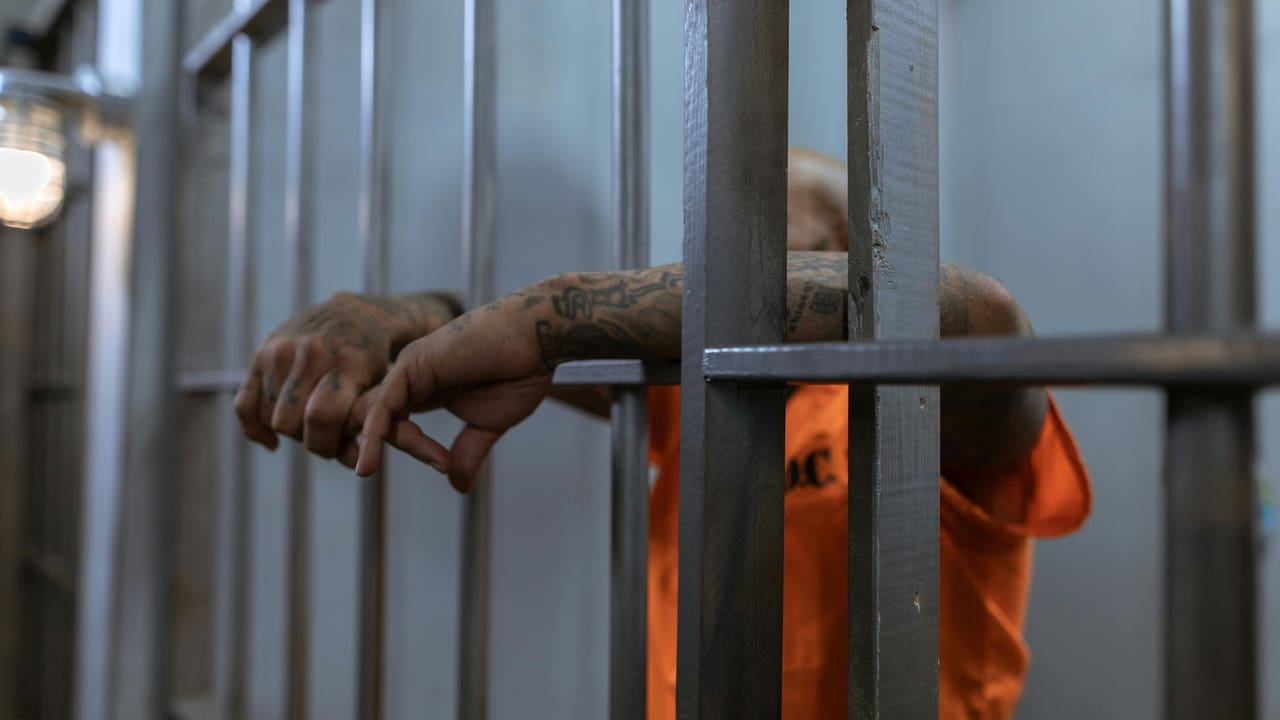
The controversial solution of this European country to penitentiary overcrowding
- Matthew Clark
- 0
- Posted on
Estonia will be the fate of 600 foreign inmates After reaching an agreement with another European country that, in recent years, has experienced a notable increase in crime, often related to clashes between bands and account adjustments. This increase in violence has forced the authorities to make exceptional decisions.
The country in question is Sweden, whose government has announced the signing of an agreement to rent about 400 cells in the Tartu prison, located in southeastern Estonia. The decision responds to the urgent need for Relieve the Swedish prison systemwhich is currently on the verge of collapse.
Both countries have defended the pact arguing that there are no legal obstacles that prevent its execution and that it will generate mutual benefits. According to Swedish justice, Gunnar Strömmerthis measure “will significantly relieve the burden of the Swedish penitentiary system”, while for Estonia it will mean the creation of employment in the Tartu region and the use of infra -use infrautilized penitentiary infrastructure.
The agreement, however, requires a Legislative reform in Sweden, and must be approved by the Riksdag (Parliament), with the support of at least three quarters of the camera. The proposal has generated political division, especially among social democrats, who are skeptical of the idea of Foreign part of the penitentiary system and alert about their possible social and labor consequences.
How much does it cost to keep a prisoner?
According to Minister Strömmer, the transfer of prisoners will not involve an additional cost for Swedish taxpayers. The estimated cost per inmate in Estonia will be 8,500 euros per month, compared to 11,500 euros which implies keeping a prisoner within the Swedish prison system. The current overload is due to the rapid growth of organized crime and a legislative hardening promoted by the current liberal-conservative government government. Swedish prisons have a 141 % occupancy rateand forecasts point to a constant increase.
The measure has generated strong criticism by the unions of prison officials, who warn of the possible risks in terms of Safety, control and social reintegration. The agreement, which could go into force as of July 1, provides for the transfer of inmates over 18 years And in good health, although it has raised controversy in Estonia, where part of public opinion fears that people convicted of serious crimes, such as murders or violations, can be sent to the country.
Sweden is not the only country that considers part of its prison population. Norway, for example, has previously sent prisoners to the Netherlands, and Denmark currently studies the possibility of renting cells in Kosovo to house foreign inmates convicted of minor crimes.